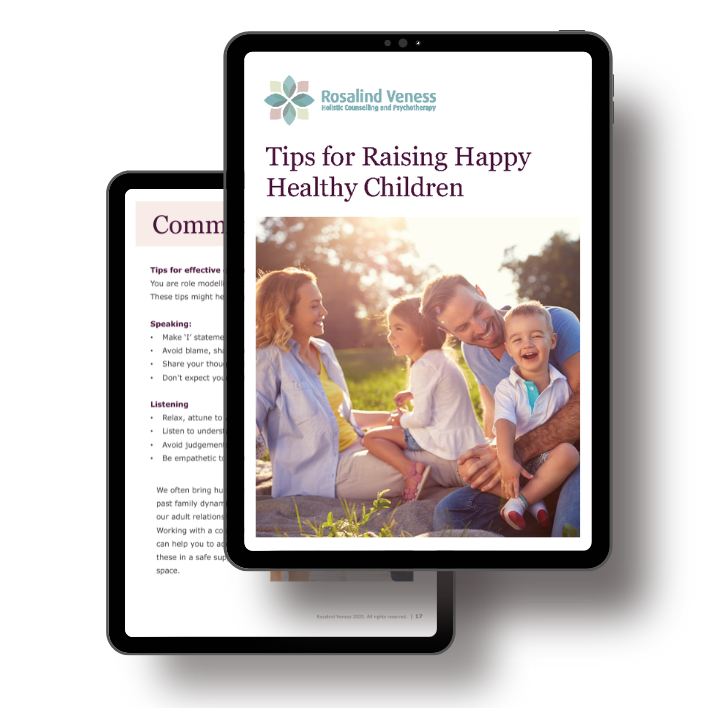
Restlessness and problems with focus and concentration can often be linked to difficulties with listening or auditory processing. You know your child can hear, but how well can they listen, or process what they are hearing?
Can you answer YES to any of these? Does your child:
- Have signs of or a diagnosis of Autism, ADHD, anxiety, dyslexia
- Struggle with reading, writing and spelling
- Have frequent emotional outbursts
- Sensitive to certain sounds
- Easily startled
- Difficulty focussing and paying attention
- Anxious in social situations
- Speech or language delay
- Often says “huh” or “what”
- Unable to remember a short sequence of instructions
- Poor social skills, trouble making friends
- Indistinct speech, poor articulation
- Restlessness, short attention span
- Poor memory
If you have answered yes to several of these, listening or auditory processing could be part of the problem.
Difficulties with Listening or Auditory Processing in the Classroom
Many children find the classroom stressful and overwhelming. They let us know this through their behaviours. They will act out and disrupt their friends, or dissociate, and gaze out the window to “escape” the sensations of feeling overwhelmed. This is their body’s natural survival response when feeling threatened. This restlessness is often seen as a sign of ADHD.
When we are stressed, the parts of the brain that process higher order thinking and language tend to become suppressed. We shift to more visual, action-oriented and instinctive behaviours.
Our nervous system, sensing a perceived threat, scans the environment, preparing us for fight or flight. Consequently, we may struggle to listen or find the words to express ourselves. Many children also find it difficult to screen out background sound and focus on the teacher’s voice.
Hearing versus Listening or Auditory Processing
Hearing is our ability to take in sounds, while listening or auditory processing is our ability to make sense of those sounds. Successful classroom learning requires the ability to understand and remember information presented verbally.
Listening delays rarely exist in isolation. Testing usually highlights other gaps in early development, such as sense of balance and visual motor skills. They combine to make life in the classroom difficult, and often underlie learning and behavioural challenges.
Assessing Listening or Auditory Processing Development
The good news is that a listening assessment can identify areas of struggle for your child. I usually start with a meeting with parent(s) to have a chat about what is happening with your child. The next step is an assessment to identify areas where your child is struggling. Then I suggest a follow-up a meeting with parents to discuss the results, and suggest options for help.
We usually suggest a program of therapeutic listening. This can be offered as part of an holistic, integrative approach which includes counselling and a program of sensory-motor development.
Gains generally include:
- Improved confidence and self esteem
- Learning – social, emotional, behavioural, physical and academic
- Emotional regulation
- Better focus in school and everyday life
- More able to access other therapies, such as speech, counselling, movement
- Calmer and more emotionally balanced
- Better learning outcomes in the classroom
- Improved social engagement, friendships
Next Step
If you are worried that your child is falling behind at school, has signs ADHD, hates reading and struggles to make friends, why not give us a call?
Your first 15 minute enquiry call is FREE
You don’t need a diagnosis or referral to seek help, and NDIS participants are welcome.
Read More

Free e-book download
Tips for Raising Happy Healthy Children

About Rosalind
Since 2005 I have been helping children with learning and behavioural challenges such as autism, dyslexia, ADHD and other sensory processing difficulties. I use an holistic, or whole child approach combining counselling with a development movement program, known as The Extra Lesson. This program addresses underlying immaturities in early development that are contributing to their learning and behavioural challenges. Sessions are available online and at Moruya South Head.




